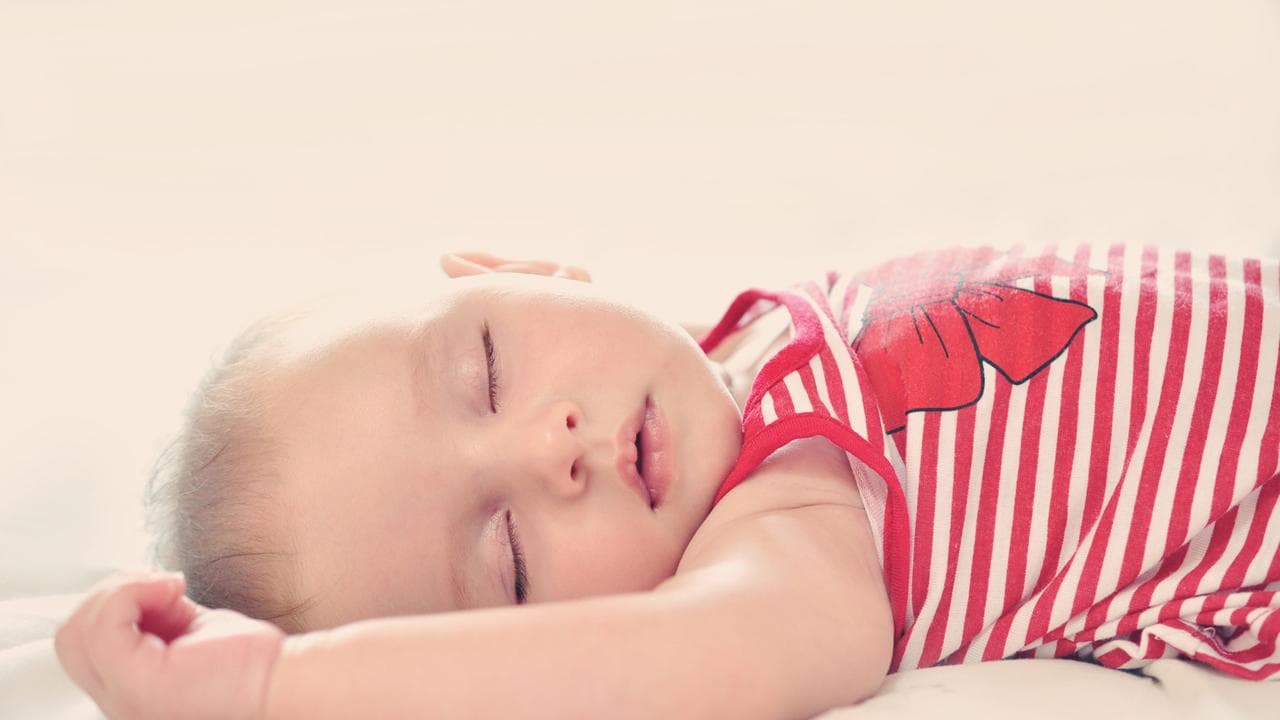
with David Fuller

Light. Sleep. (Not necessarily in that order.)
Like many of us, I don't exactly sleep as well as I'd like. So I'm reading through the second chapter of this book, and I read this (forgive the long quote, but it's necessary:
[Psychiatrist] Thomas Wehr,...was struck by the idea that the ubiquitous artificial light we see every day could have some unknown effect on our sleep habits. On a whim, he deprived subjects of artificial light for up to fourteen hours a day in hopes of re-creating the lighting conditions common to early humans....[T]he subjects initially did little more at night than sleep. They spent the first few weeks...making up for all of the lost sleep that had accumulated from staying out late at night or showing up at work early in the morning. After a few weeks, the subjects were better rested than perhaps at any time in their lives. (Emphasis mine.)
First off, THINK ABOUT THAT. When deprived of artificial light and exposed to NATURAL light/dark cycles, PEOPLE SLEPT BETTER. We flood our nighttime environment with lighting - and I don't just mean outside. TV's, computers, light bulbs - sometimes on ALL night. And yet don't stop to consider that maybe we need to turn the lights off - like our ancestors did (who had not choice, because the Sun went down). No, instead, we thinkg, "I need a prescription."
Got that? You're spending more money on the lighting, and then when you don't sleep well, you're spending more either getting a prescription or sleep study when it may just be a simple as... turning off the lights! Okay, so in our modern world, perhaps that is easier said than done. But the TYPE of light you use could make a difference - like using 3500K color temperature bulbs at night, and downloading f.lux to your computer to change the screen color after sunset.
But there's more:
[Then] the experiment took a strange turn. Soon, the subjects begain to stir a little after midnight, lie awake in bed for an hour or so, and then fall back asleep again. It was the same sort of segmented sleep that [Professor Roger] Ekirch found in the historical records [that before artificial lighting, people slept for a while at sunset, awoke for an hour or so, then slept again til morning].
We've changed the way we sleep, because of light. And we've barely scratched the surface to understand how that is affecting thousands of years of human evolution that saw us sleep differently than we sleep now.
Any wonder that we aren't sleeping well? And here's the thing: This is completely reversible. We can change HOW we light things, and we have a perfect opportunity to do that, NOW. While municipal budgets are stretched and legislators are looking for ways to cut costs, let's take advantage of the new lighting options being developed so we put the right amout, and the right color of light in our nighttime environments.
We spend 1/3 of our lives sleeping, and we know our bodies NEED sleep. Shouldn't we make sure we're getting a GOOD sleep, and spend the money on the right area of this (up front, with smarter lighting), rather than on the back-end, with less-than-ideal prescriptions and results?
And we'd even see more stars if we did this. Imagine, all we have to do is light things the right way.
